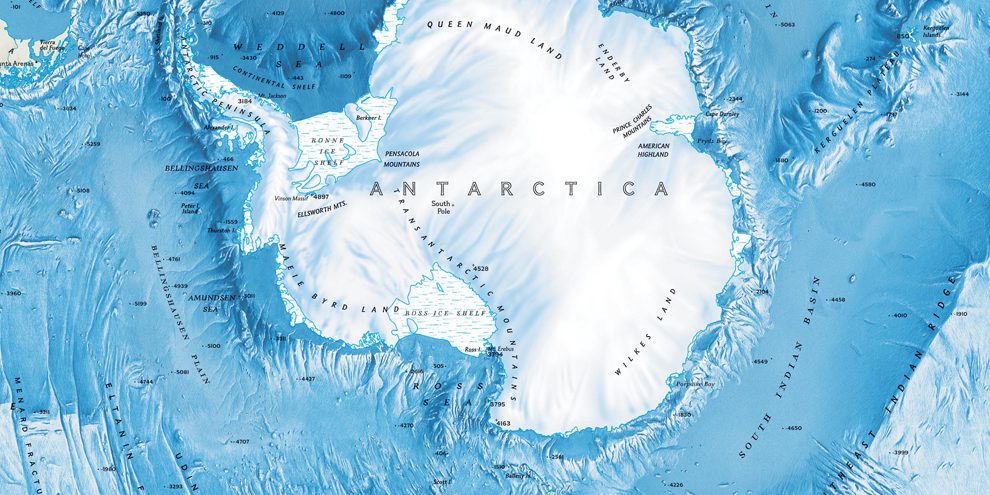Antarctica, the world’s southernmost continent, remains one of the most inhospitable and least explored regions on Earth. Yet, it holds a captivating history of exploration and discovery that dates back centuries. In this article, we delve into the story of Antarctica’s finding, the intrepid explorers who braved its icy challenges, and the key historic details surrounding this remarkable expedition.
The Discovery of Antarctica
The discovery of Antarctica is a tale that weaves together the efforts of multiple explorers across various eras. However, the first recorded sighting of the continent is attributed to the Russian explorer, Admiral Fabian Gottlieb von Bellingshausen, and his crew aboard the ships Vostok and Mirny.
Year: 1820
Historic Expedition Details
In 1819, Tsar Alexander I of Russia commissioned an expedition to explore the southern seas and extend Russian interests in the region. Bellingshausen, a seasoned seafarer with previous Antarctic experience, was appointed as the expedition’s commander. On July 16, 1819, the two ships departed from Kronstadt, a port city near Saint Petersburg, on a daring voyage that would lead to one of the most crucial discoveries in the annals of Antarctic history.
In January 1820, Bellingshausen and his crew sailed into the frigid waters of the Antarctic Circle. On January 27, 1820, they encountered a vast ice shelf and the sight of land beyond, marking the first recorded sighting of the Antarctic continent. The landmass was located on the Princess Martha Coast, now known as the coastline of Queen Maud Land.
Antarctica’s First Steps
While Bellingshausen’s expedition is credited with the first sighting of Antarctica, it was not until later in the same year that another explorer, the American sealer Nathaniel Palmer, unknowingly became the first person to set foot on the continent.
Year: 1820
Palmer, aboard his vessel Hero, was engaged in sealing operations in the vicinity of present-day Antarctica. He sighted the Antarctic Peninsula on November 17, 1820, and subsequently ventured ashore on an island that now bears his name – Palmer Land.
Mapping and Exploration
Throughout the 19th and early 20th centuries, exploration and mapping of Antarctica continued at a slow pace. Numerous expeditions, often supported by governments and scientific institutions, sought to uncover the secrets of the frozen continent. The “Heroic Age of Antarctic Exploration” (1897-1922) witnessed the efforts of notable explorers such as Robert Falcon Scott, Ernest Shackleton, and Roald Amundsen.
One of the most iconic expeditions during this era was Scott’s Terra Nova Expedition (1910-1913). Despite reaching the South Pole, Scott and his team tragically perished on their return journey. Shackleton’s famous Imperial Trans-Antarctic Expedition (1914-1917) also encountered hardship, yet demonstrated incredible leadership as he successfully saved his entire crew after their ship, Endurance, was crushed by ice.
Antarctica Today
Today, Antarctica remains an international territory dedicated to scientific research and peaceful cooperation. The Antarctic Treaty, signed in 1959 and entering into force in 1961, established Antarctica as a scientific preserve, banning military activities and promoting international collaboration for the advancement of science.
Antarctica’s unforgiving environment continues to challenge explorers and scientists, but the continent remains an essential region for understanding our planet’s climate, geology, and ecosystems. Ongoing research helps unravel the mysteries of Antarctica, providing valuable insights into global processes and the history of our planet.
The discovery of Antarctica stands as a testament to human courage, curiosity, and the pursuit of knowledge. Thanks to the brave explorers who charted its icy waters and stepped foot on its frozen shores, we have gained a deeper understanding of this remote and remarkable continent. Antarctica’s exploration is an ongoing endeavor, and as we unlock more of its secrets, we continue to uncover valuable information about our world and its past, paving the way for future generations to appreciate and protect this pristine, frozen frontier. Like reading about Antarctica? Have you tried reading Arctic Record or Arctic Ave? Two fiction thrillers that lead the reader to Antarctica.







